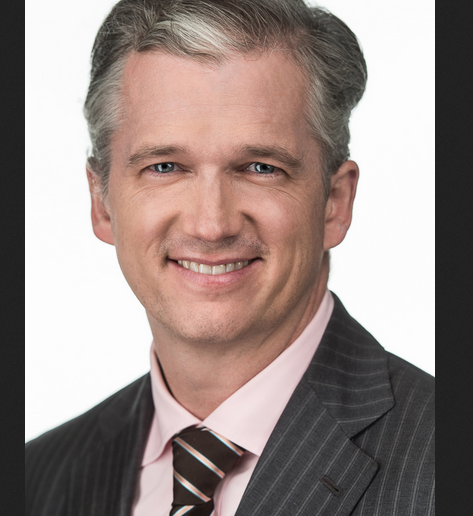In the ever-evolving landscape of healthcare, the need for inclusivity and equitable access to quality care is paramount. Nihar Gala, a prominent figure in the healthcare sector, has emerged as a passionate advocate for building a more inclusive healthcare system. His journey is marked by a relentless commitment to improving patient outcomes, advancing healthcare equity, and championing innovative solutions that make healthcare accessible to all, regardless of their background or circumstances.
Nihar Gala journey in healthcare commenced with a fervent desire to make a meaningful impact on the lives of patients. Beginning his career as a pharmacist, he quickly recognized the challenges individuals faced in accessing quality healthcare. This firsthand experience ignited his passion and commitment to create a healthcare ecosystem that prioritizes the unique needs and well-being of each patient, with a particular emphasis on inclusivity.
Under Gala’s visionary leadership, he founded Alpha Medical Care, an institution dedicated to delivering patient-centric healthcare services. His mission was clear from the outset: to provide healthcare that places the unique needs of each individual at the forefront of care and works diligently to ensure inclusivity in the healthcare system.
Gala’s approach to building a more inclusive healthcare system encompasses several key elements:
Equitable Access: Gala’s vision is rooted in the belief that access to quality healthcare should be a universal right. His advocacy work centers around policies and practices that ensure equitable access, regardless of geographical location or socio-economic background.
Diversity and Cultural Competency: Gala actively promotes diversity in the healthcare workforce and champions cultural competency. A diverse healthcare workforce better understands the unique needs of patients from various backgrounds and ensures that their care is culturally sensitive.
Healthcare Equity Advocacy: Gala is a passionate advocate for healthcare equity, working closely with government agencies, healthcare providers, and advocacy groups to drive policy changes that guarantee access to quality healthcare for all, regardless of their background or circumstances.
Community Engagement: Gala actively engages with communities to understand their specific healthcare needs and challenges. This grassroots involvement informs his advocacy efforts, ensuring that policies for inclusivity and equitable access are rooted in the real-world experiences of patients and providers.
Telemedicine Advancements: Gala actively supports the growth of telehealth services, a crucial component of building an inclusive healthcare system. Telemedicine enhances accessibility, convenience, and efficiency in healthcare delivery, making care available to individuals, regardless of their geographical location.
The impact of Gala’s advocacy for building a more inclusive healthcare system is profound. It has the potential to address the healthcare disparities that persist in many parts of the world, making healthcare more accessible and sensitive to the unique needs of diverse populations.
In conclusion, Nihar Gala journey in healthcare is reshaping the industry by emphasizing inclusivity, healthcare equity, and accessibility. His dedication to patient-centric care, technological advancements, and policies that support inclusivity is driving progress in the sector.
As Gala’s journey continues to evolve and gain momentum, it is evident that his influence will leave a lasting legacy, transforming healthcare into a more inclusive and equitable system that serves the needs of all individuals, regardless of their background or circumstances. Building a more inclusive healthcare system is not just a vision; it’s a tangible step towards a healthcare system where healthcare is a universal right, and every patient’s unique needs are prioritized.



